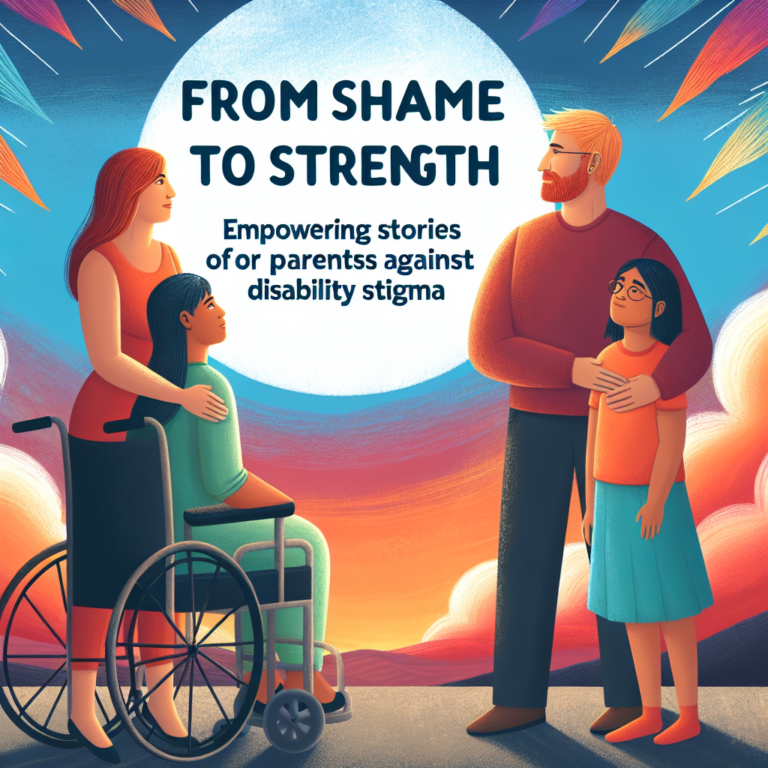
Introduction
In a world increasingly characterized by diversity and acceptance, the intersection of healthcare and transgender rights remains a critical arena for advocacy. As society grapples with evolving definitions of gender identity, the need for equitable healthcare access has gained urgency. This article delves into the intricate landscape of healthcare and transgender rights, focusing on access and advocacy. It’s essential not only to understand the challenges faced by transgender individuals but also to highlight the innovative strategies and remarkable successes in the fight for equality.
Understanding Healthcare Needs for Transgender Individuals
The Unique Healthcare Landscape
Transgender individuals encounter unique healthcare requirements that often differ from their cisgender counterparts. These needs can range from hormone replacement therapy (HRT) to gender-affirming surgeries, mental health services, and routine medical care. Yet, despite these critical needs, barriers persist that often prevent access to appropriate medical services.
Table 1: Common Healthcare Needs for Transgender Individuals
| Healthcare Need | Description |
|---|---|
| Hormone Replacement Therapy (HRT) | Medications that align one’s physical characteristics with their gender identity. |
| Gender-Affirming Surgery | Surgical procedures that modify a person’s body to better fit their gender identity. |
| Mental Health Services | Counseling and support specifically tailored to address the challenges faced by transgender individuals. |
| Preventive Care | Routine screenings and check-ups that are often overlooked due to fear of discrimination. |
Barriers to Access
Despite the clear healthcare needs, transgender individuals often face significant barriers, including:
- Discrimination in Healthcare Settings: Many transgender individuals report experiencing discrimination from healthcare providers, leading to a reluctance to seek necessary care.
- Financial Disparities: The high cost of hormone therapy and surgeries often places them out of reach for many, especially those without insurance coverage or with restrictive policies.
- Lack of Knowledge Among Providers: Many healthcare professionals lack training on transgender health issues, leading to miscommunication and inadequate care.
Advocacy: A Beacon of Hope
Historical Context
Advocacy for transgender rights in healthcare has a rich history marked by activism and resilience. Grassroots movements have been pivotal in raising awareness and pushing for policy changes that promote equitable access. The significant impact of organizations like the Human Rights Campaign and the National Center for Transgender Equality cannot be overstated—they have been instrumental in shaping positive change.
Case Study: The Affordable Care Act (ACA)
The ACA marked a significant milestone in healthcare and transgender rights. By prohibiting discrimination based on gender identity, the ACA opened doors to improved access for many transgender individuals. However, the law’s benefits have fluctuated, emphasizing the need for continuous advocacy to safeguard these rights.
Analysis of the Case Study
The ACA’s impact illustrates how legislative measures can transform access to healthcare for marginalized communities. Advocacy efforts remain critical to ensure that protections are not only enacted but also upheld amidst changing political landscapes.
The Role of Policy in Access and Advocacy
State-Level Initiatives
While federal protections exist, many transgender individuals rely on state-level initiatives for healthcare access. Various states have implemented programs that ensure coverage for gender-affirming treatments. However, inconsistency across state lines can leave individuals vulnerable to gaps in service.
Case Study: California’s Transgender Health Initiative
California has become a leading state in transgender healthcare access, implementing comprehensive health programs that specifically cater to transgender individuals’ needs. These programs include Medicaid coverage for gender-affirming surgeries and HRT, as well as training programs for healthcare providers.
Relevance to the Topic
This initiative serves as a model for other states, highlighting how policy can directly influence healthcare access and advocacy efforts.
The Intersection of Mental Health and Transgender Rights
Understanding Mental Health Needs
The mental health of transgender individuals is often disproportionately affected by societal stigma and discrimination. Studies suggest higher rates of anxiety, depression, and suicidal ideation in transgender populations compared to cisgender peers.
Table 2: Mental Health Challenges in Transgender Individuals
| Challenge | Statistics |
|---|---|
| Depression | 40% of transgender individuals experience depression. |
| Anxiety | Rates of anxiety disorders are 2-3 times higher in transgender populations. |
| Suicidal Ideation | 1 in 3 transgender individuals have considered suicide. |
Resources and Support
Numerous organizations focus on providing mental health resources tailored for transgender individuals, such as the Trevor Project and Trans Lifeline. These organizations not only offer crisis support but also advocate for mental health services, setting a precedent for the importance of mental health in the broader discussion of healthcare and transgender rights.
Community Empowerment and Activism
Grassroots Movements
Grassroots movements have emerged as powerful agents of change in healthcare and transgender rights. Initiatives led by community members have helped to raise awareness, provide advocacy, and offer peer support systems that improve healthcare access. Events like Transgender Day of Visibility and local pride festivals serve as platforms to share experiences, educate the public, and unite communities.
Case Study: The Transgender Health Program in New York City
A grassroots initiative in New York City successfully launched a community health program that encompasses not only physical health but also a focus on mental health, legal advocacy, and social services. This program serves as a holistic approach to ensuring comprehensive healthcare access for the transgender community.
Analysis of the Program
The success of this program highlights the importance of a multifaceted approach in advocacy efforts. By addressing diverse needs—medical, psychological, and social—community programs can significantly enhance healthcare access for transgender individuals and promote their dignity and rights.
Future Directions: What Lies Ahead for Advocacy and Healthcare?
The Role of Technology
The healthcare landscape continues to evolve with technological advancements. Telemedicine has emerged as a valuable tool, allowing transgender individuals to access care from the comfort of their homes while sidestepping potential stigma in healthcare settings. This is particularly crucial for those residing in rural areas.
Innovations in Telehealth
Telehealth services specifically designed for transgender care are gaining traction, providing comprehensive services like consultations for HRT, mental health counseling, and follow-up appointments without the barriers posed by traditional healthcare environments.
Continued Advocacy
To ensure that healthcare and transgender rights remain a priority, ongoing advocacy is essential. This includes fighting for policies that eliminate discrimination, pushing for insurance coverage for gender-affirming procedures, and maintaining public awareness campaigns to educate communities about transgender issues.
Conclusion
The conversation surrounding healthcare and transgender rights is multifaceted and vital. With ongoing barriers and challenges, it’s crucial for advocates, policymakers, and communities to come together to create equitable solutions. By prioritizing access and advocacy in this space, we can foster a society that not only accepts but also celebrates diversity in all forms.
As we navigate the future, let’s commit to amplifying the voices that have historically been silenced and ensuring that everyone—regardless of gender identity—has the right to accessible, dignified healthcare.
Frequently Asked Questions (FAQs)
1. Why is healthcare access particularly challenging for transgender individuals?
Transgender individuals face systemic discrimination, financial barriers, and a lack of knowledgeable providers, which collectively hinder access to adequate healthcare.
2. What are some common health issues faced by transgender individuals?
Common health issues include complications from hormone therapy, mental health disorders, and the physical and emotional ramifications of societal stigmas.
3. How can I support transgender rights in healthcare?
You can support transgender rights by advocating for inclusive health policies, educating others, and supporting organizations that focus on transgender healthcare.
4. What role does mental health play in transgender healthcare?
Mental health is critically important, as many transgender individuals experience higher rates of anxiety and depression. Access to tailored mental health services can significantly improve overall well-being.
5. What innovations are improving access to transgender healthcare?
Telehealth services and dedicated community health programs are prominent innovations that improve healthcare access for transgender individuals, offering safe and convenient care options.
Engage in this crucial dialogue surrounding healthcare and transgender rights: access and advocacy in focus. Only through collective efforts can we drive lasting change and ensure equal access to healthcare for all individuals.












